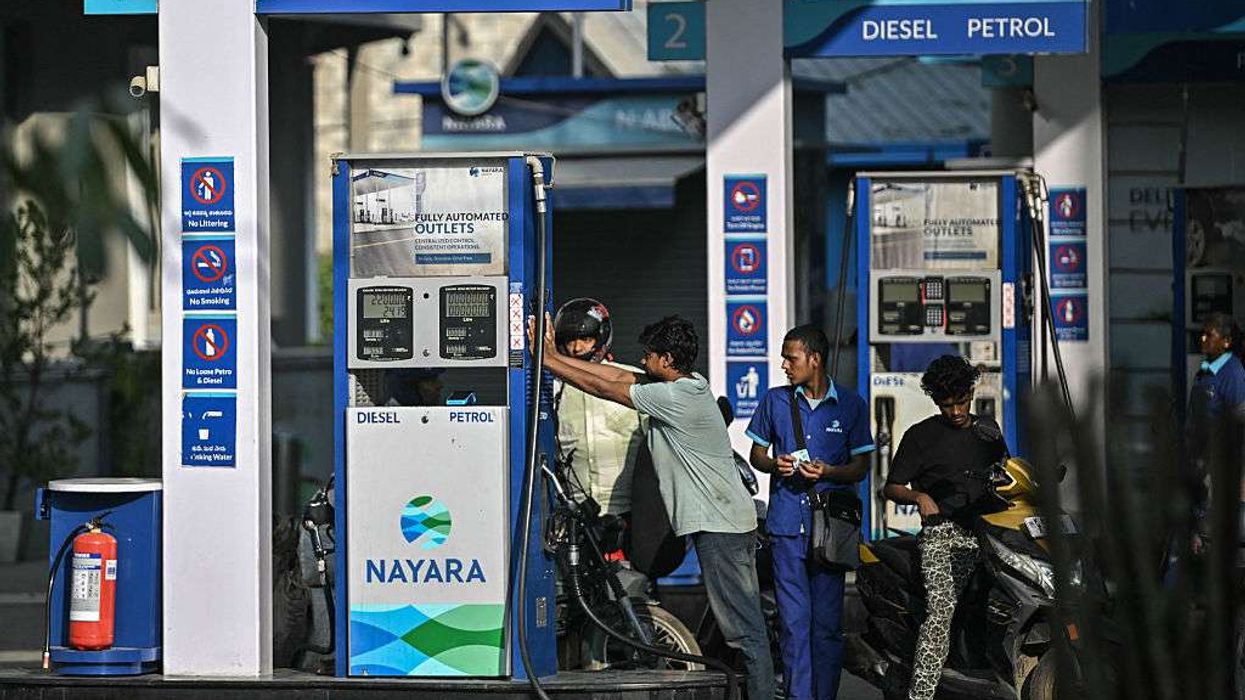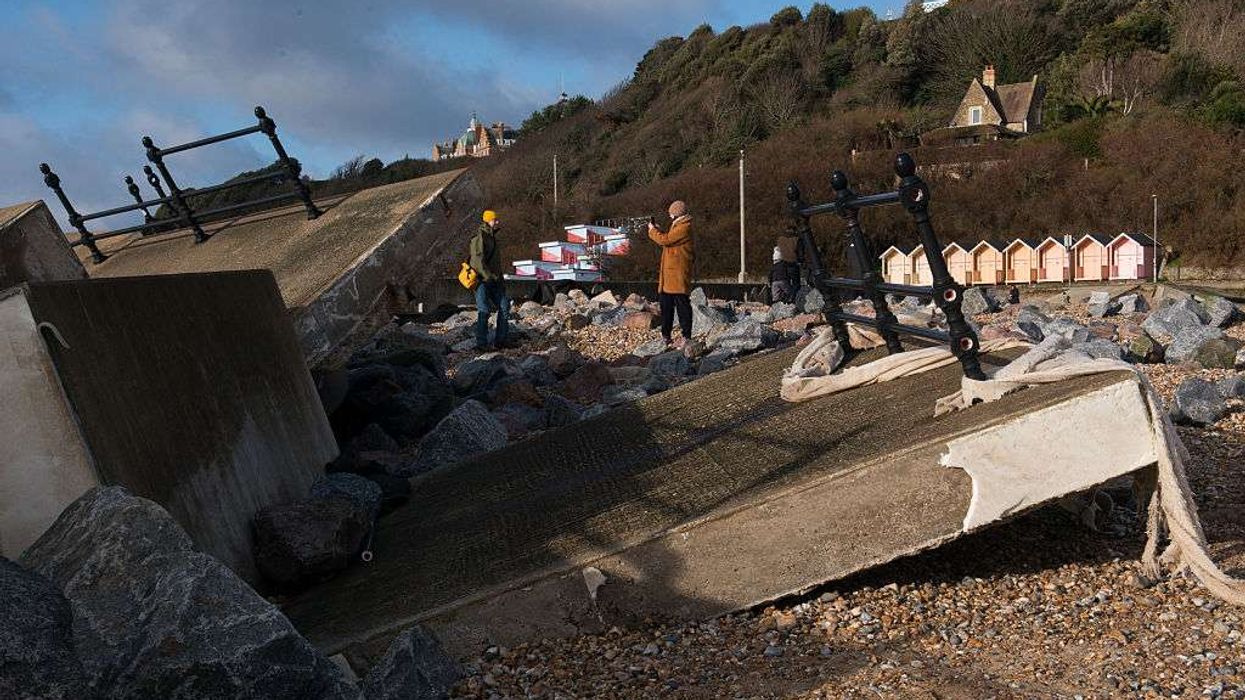AN 18-year-old British Pakistani girl from Slough, Berkshire, who achieved 23 A-level passes, has said she did not find the experience stressful.
Mahnoor Cheema told the BBC that she studied less than most pupils, describing herself as “very lucky” with the ability to “read and pick up things quite easily”.
The teenager, who also holds 34 GCSEs, is preparing to study medicine at the University of Oxford and hopes to one day become a neurosurgeon.
Cheema admitted that sitting exams for so many years had been “a constant presence” in her life, but added she was eager to move on. “It’s bittersweet, but I’m now ready to focus on medicine. I don’t think anyone could manage something like 24 degrees, so I’m just looking ahead to the future,” she was quoted as saying.
A former student of north London’s Henrietta Barnett School (HBS), the Asian girl has an IQ of 161, putting her in a highly gifted category, along with scientists such as Stephen Hawking and Albert Einstein.
She explained her motivation began in Year 8, when she wanted to study nearly 50 subjects but was told schools allowed only 10. “I was really disappointed, so I decided to do more on my own – and it grew from there,” she said. The teenager stressed that she only chose subjects she enjoyed.
Her parents, Usman and Tayyaba, were described as her biggest supporters. Rejecting stereotypes, she said: “There’s a perception that parents from our background push too much, but mine have always been the opposite – they often told me not to do so many. Still, they’ve always been there whenever I asked them to book an exam or take me somewhere.”
Despite her workload, Cheema insisted she lived a balanced life. “People imagine I’m glued to books day and night, but it’s not true. I have time for fun, activities, and everything a normal teenager does,” she said.
The gifted student said studying at Oxford was “a lifelong dream”. She added: “I’ve always been fascinated by how the brain works, even my own. It’s such a joy that my dream has come true. Medicine is a long journey, and I’ll explore different fields, but for now neurosurgery is where my passion lies.”














